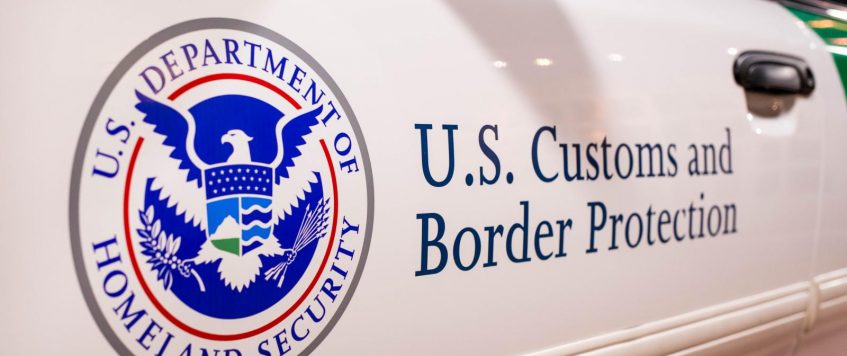-
15
Nov
Enhancing Port Security and Efficiency: The Introduction of the CBP SPACE Act to Bolster Federal Funding for U.S. Inspection Services
The CBP SPACE Act, recently introduced in the U.S. House of Representatives, aims to increase federal funding for inspection services at U.S. ports. This move comes in response to the Customs and Border Protection’s (CBP) pressure on ports to cover rising capital costs. Sponsored by Rep. Laurel Lee (R-Fla.) and Rep. Marie Gluesenkamp Perez (D-Wa.), the bill seeks to address the CBP’s demands for ports to finance new inspection-related equipment. Lee emphasized the national security threat and potential strain on supply chains due to underfunding.
The bill calls for the U.S. Department of Treasury to ensure future budget allocations cover the CBP’s capital requirements. It has garnered support from the American Association of Ports Authorities (AAPA), with its president, Cary Davis, stating that CBP’s capital and operational needs should be the federal government’s responsibility, not the ports’.
A key proposal of the bill is to allocate a portion of the merchandise processing fees (MPFs), which the CBP already collects, specifically for capital needs like inspection-related upgrades and maintenance. It also aims to prohibit the CBP from mandating U.S. ports to provide or maintain non-essential facilities at ports of entry.
The context for this bill includes a decade-long struggle by the CBP with understaffing and unfulfilled requests for higher pay. Despite efforts last spring in the Senate with two bipartisan bills proposing pay increases and staffing goals for the CBP, neither has advanced.
Historically, the responsibility for funding customs operations has fallen on the Federal Government. However, in recent years, CBP has increasingly shifted this financial burden onto seaports, contrary to law and at the risk of disrupting cargo processing and exacerbating supply chain issues. The CBP has been known to threaten reductions in officer presence or ceasing operations at ports for non-compliance with these financial demands.
AAPA’s legal review suggests that CBP lacks the authority for such demands, yet the frequency of these demands and associated threats have risen. These demands often include costly requirements like specialized equipment and secure IT upgrades, straining port budgets and hampering long-term investments.
In terms of funding, the CBP collects the MPF and Cruise Vessel Passenger Fee (CVPF) to offset commercial operations costs. AAPA estimates that diverting just 5% of MPF revenues could meet CBP’s capital needs effectively. The association proposes modifications to 19 USC 58c, allowing the Secretary of the Treasury to adjust the MPF and CVPF to cover seaport capital needs in addition to salaries and expenses.
This bill and its proposals represent a crucial step in ensuring that U.S. ports remain efficient and secure without imposing undue financial burdens on port authorities, vital for maintaining the competitiveness and functionality of these critical trade gateways.

